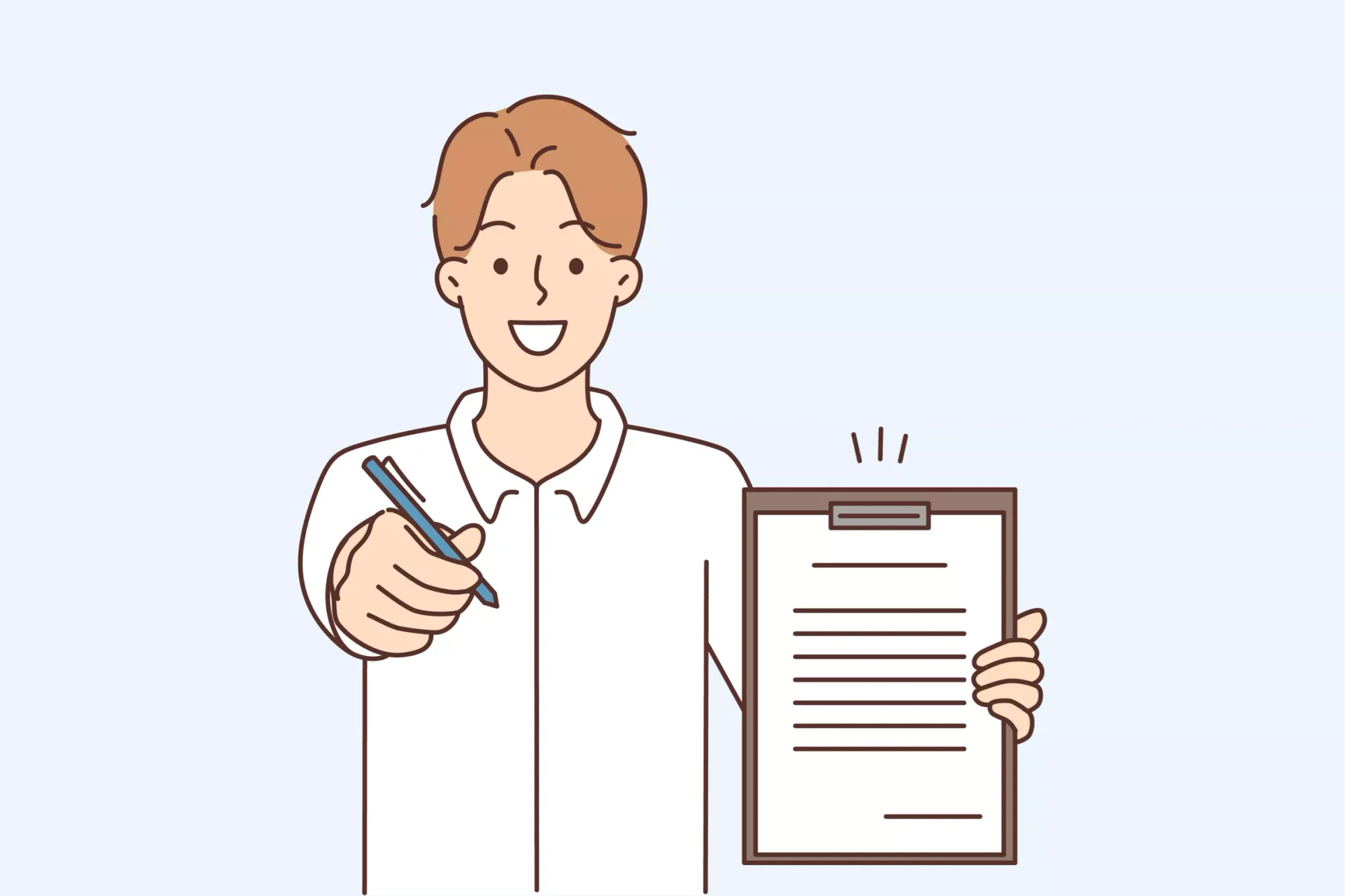This is a response I wrote for a question on Quora.
I'm a UX freelancer in Sweden and have done work for smaller startups as well as some of Sweden's largest organizations and global corporations. It's probably not fair to compare the business culture and climate to London but I have one piece of advice that I think is key when approaching the larger scale clients: the importance of niche offerings.
The first step is always to get a foot in the door and get attention. This rarely happens when you try to offer full-service all-empowering solutions. Two main reasons: too many agencies are offering "everything" and fail to do so in a convincing and efficient manner. Many clients have already waded through that swamp. Or your full-service solutions means you are stepping on the toes of an in-house competence unit or another agency already contracted by some area within the client's operations. The person who potentially could hire you definitely wants to stay clear of those possible conflicts.
So your way in is a niche. And UX is not a niche in the same way that strategy is not a niche. My way in has always been the thing that solves the client's problem at hand in a way that is fast, efficient and makes them a hero. The offerings have been things like: survey, 2-hour seminar, SEO review, redesigning a web form (conversion optimization) or even Wordpress education. All these close with a review/presentation together with the client which gives you a moment in the limelight to show how well you grasp their challenges, and opens up for listening even more to specific client needs.
The magic of finding the niche is always about listening. About finding the pain points of the customer and solving the pain points that create a high level of anxiety and yet are relatively easy to fix. So not so different from creating an experience map and prioritization matrix. Too often we forget that we should treat our own target group as we treat the users in our UX work, by understanding them first, and helping them second.
As is the case these days it's all about relationships. Your first date with the client shouldn't be complex but you do the things that impress and create an expectation and promise of much more to be won by having the relationship progress. You can still be a full-service agency, that's just not the way you present yourself in the first meeting. You bring in the specialists one-by-one as the love affair grows ;) -- and yes, one person can have several specialist roles.
Yeah, so how do we get that first meeting so that we can even start listening? Well, I strive to network extensively. I listen to the people who know people on the inside and know some more about the current frustrations and headaches. That's your chance to jump in and say: "Hey, we've solved a very similar problem by building a thingamajig that's proven very successful in other projects as well. Do you think I should call them and see if I can help...?" And.... you're in. Because when you finally call you're not calling randomly, you're calling on recommendation. That makes both you and the person you're calling feel more confident.
Also, you mention marketing. Interestingly I never market myself to potential clients. I do market myself quite extensively to peers and people in the same line of business, often by sharing ideas and work strategies in my blog and at conferences, or even complete templates that I allow others to use. By showing that I know what I'm talking about and can deliver results...
I do this because I know my peers understand what I do and are the people who in turn will be asked by their respective executive contacts: "Who should I talk to that knows something about ______ ?" I would like it to be my name that's at the the tip of their tongue.
In recommendations we trust.




Member discussion